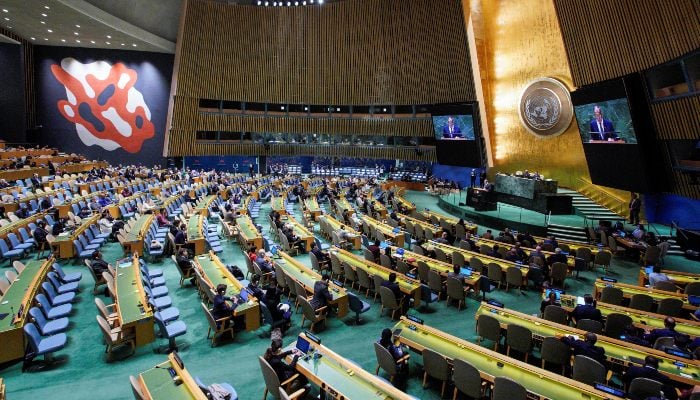
The traditional international order is collapsing, but the resulting chaos does not signal the rise of a new system. What remains is a fragile order driven by power rather than principles, where foreign policy is no longer bound by norms. The UN, once a symbol of moral restraint, has lost its influence. The global order was shaped by Western powers to secure their economic and strategic interests, relying on global stability for capitalist growth, supported by U.S.-led financial institutions. While developing countries did benefit, their success depended on good governance; in its absence, they often blamed the West and colonialism.
Key Themes:
- Collapse of the Old Order
- The international order that maintained relative global stability appears to be disintegrating.
- What we’re witnessing is not a transition to a new, improved system but a descent into disorder.
- Rise of Power Politics
- There’s a shift from principles (like sovereignty, diplomacy, rule of law) to “might is right”.
- Foreign policies are no longer bound by international norms or moral constraints.
- Power has replaced principle as the main driver of global interactions.
- Decline of the UN’s Moral Authority
- The United Nations is portrayed as historically weak in enforcing peace or resolving conflicts.
- However, it previously offered a moral compass or at least symbolic restraint, which now seems absent.
- Western-Constructed Order for Strategic Stability
- The post-WWII global order was built and sustained primarily by Western powers to safeguard their economic and strategic interests.
- Capitalism required global security, and institutions like the IMF and World Bank (US-dominated) ensured financial stability.
- Impact on Developing Nations
- Developing countries benefited unevenly from this order.
- Their success was contingent on internal governance.
- In cases of failure, they often blamed external forces—particularly the legacy of colonialism and Western interference.
From : GeoNews
